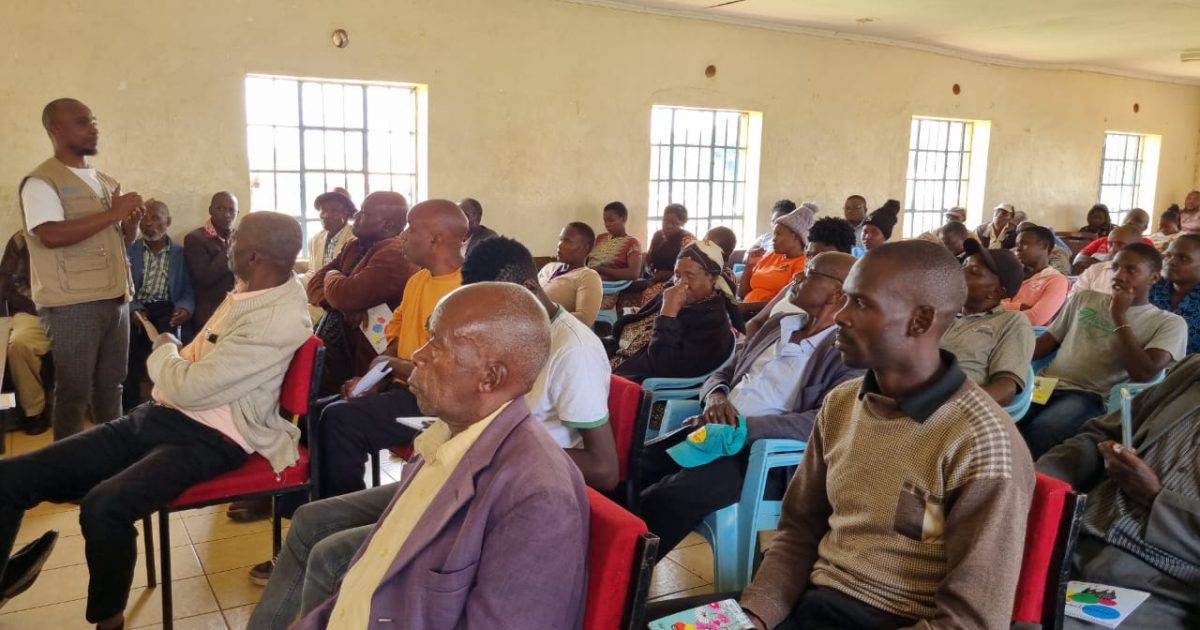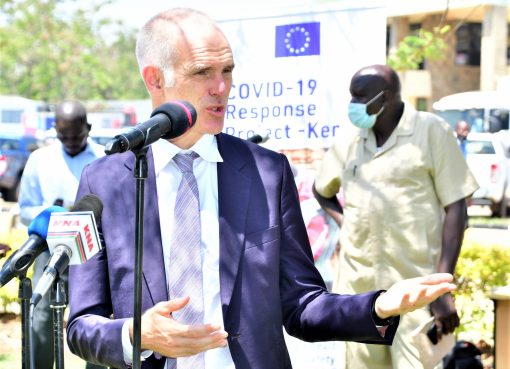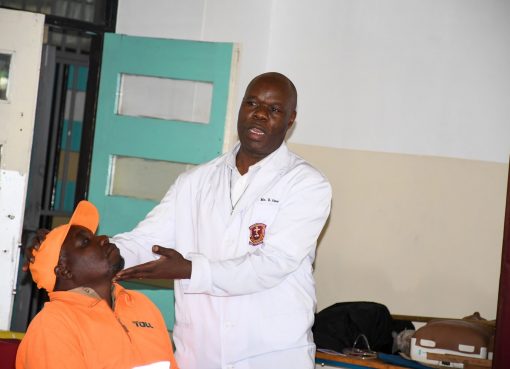Kisii County government has concluded a public participation exercise on spatial planning across the 45 wards with the aim of improving food security and promoting sustainable development.
The exercise was conducted through the Department of Physical Planning in partnership with the Food and Agriculture Organization (FAO) and residents gave their views on the vision of the county for the next 10 years.
According to the Deputy Director in charge of Physical Planning Mr. Joshua Ondari, the plan will cover approximately 1312 kilometres square and will take a preparation period of 18 months to be completed.
“The spatial plan will control development in all the sectors of the economy within the county and guide in resource allocation,” Ondari said.
He lauded the area Governor Simba Arati and partners for collaborating to develop the spatial plan adding that the plan would attract both national and international investors.
The Deputy Director noted that once complete, Kisii County would join other 14 counties in the country with an approved County Spatial Plan.
Section 104 of the County Government Act no. 17 of 2012 provides that county governments are required to plan for their respective counties.
Speaking in Marani during a public participation forum, one of the residents, Robert Ogechi, welcomed the move to develop the plan saying it would ensure there is uniformity in development across the wards.
Another resident, Jane Aminga, thanked Governor Arati’s administration for coming up with the plan as it would lead to prudent use of financial resources in the entire county.
The development of the County Spatial Plan is part of FAO’s Digital Land Governance Programme (DLGP) that was officially unveiled to the Council of Governors (CoG) and the County Executive Committees Members (CECM) in charge of Land in January 2023.
The programme is jointly funded by the European Union and FAO working collaboratively with the CoG, Ministry of Lands, National Land Commission and other strategic partners.
It targets all the 47 counties with an overall objective of improved security of tenure and equitable access to land and natural resources for enhancement of livelihoods and sustainable socioeconomic development.
The five-year programme envisions improved food and nutrition security, livelihoods and sustainable development in Kenya through equitable and secure access and management of land as outlined in the Vision 2030.
By Mercy Osongo





